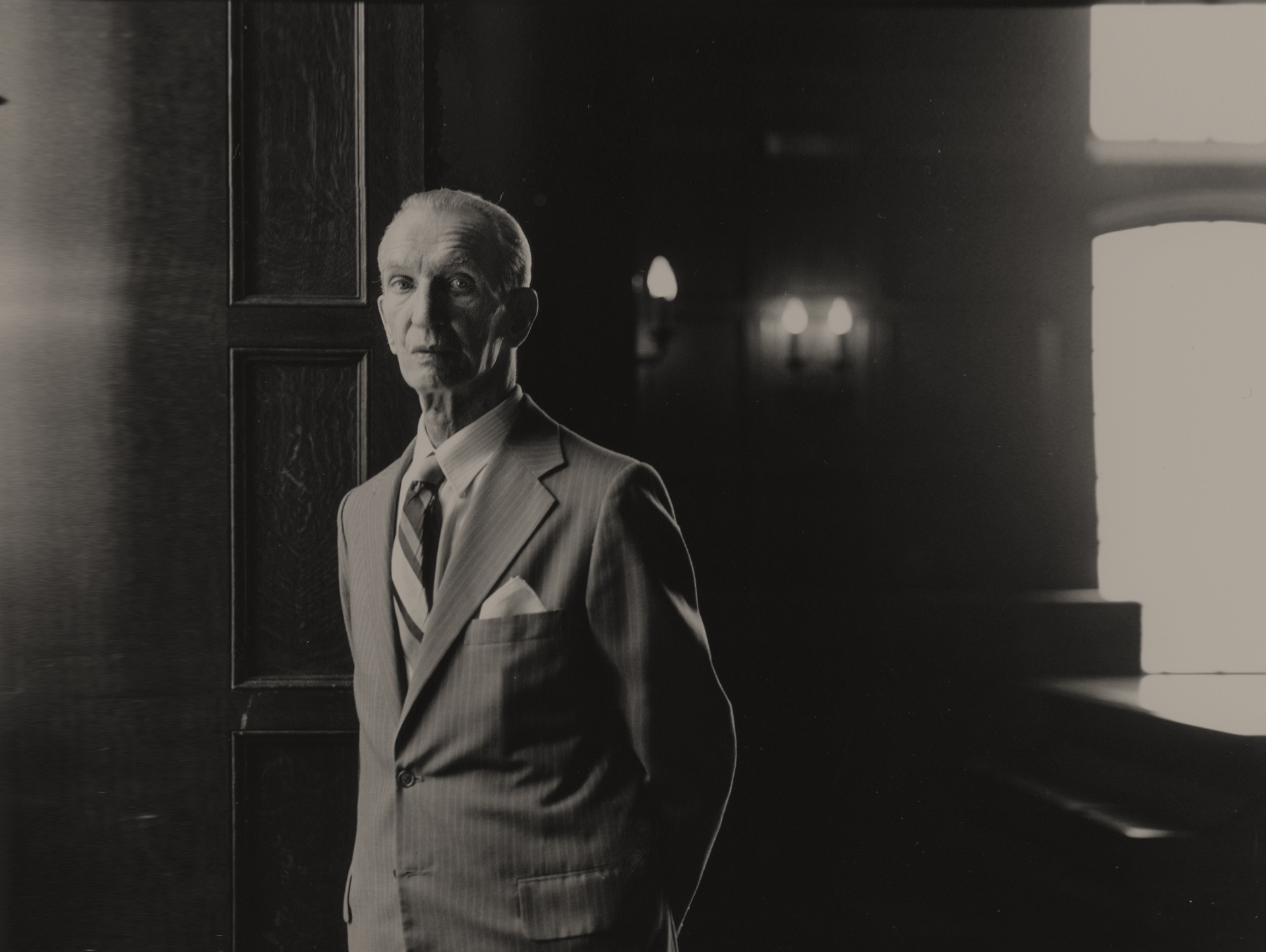
Sendler, Irena (1910–2008), pseudonym Jolanta, was a social activist. She got involved in social service organizations while she was a law student at the Warsaw University. She helped Polish Jews from the very beginning of the WWII. The Polish Council to Aid Jews, “Żegota” (Polish: Rada Pomocy Żydom) appointed her head of the children’s division. With the help of her co-workers, she is crediting with saving approximately 2,500 Jewish children, smuggling them out of the Warsaw Ghetto and placing them in safe places on the “Aryan side.” She was arrested by Gestapo in 1943 and sentenced to death. After she was rescued by “Żegota,” she continued to help Jewish children. After the war, she worked for social service organizations which set the goal of protecting children, women and families. She was awarded the Righteous Among the Nations designation in 1965. In 2003, she was awarded the Order of the White Eagle (Polish: Order Orła Białego), which is the oldest and the highest distinction granted by the Republic of Poland.
Sikorski, Władysław (1881–1943), was a lieutenant general of the Polish Army, Commander-in-Chief of the Polish Armed Forces and Prime Minister of the Polish government-in-exile in London during WWII. In September of 1939, he reached France via Romania and initiated the creation of Polish army in exile. On September 30, 1939, he was appointed Prime Minister of the Polish government-in-exile in London and on November 7, Commander-in-Chief and Inspector General of the Polish Armed Forces. He held these positions until July 4, 1943, when he died in a suspicious plane crash in Gibraltar.
Sosnkowski, Kazimierz (1885–1969) was a lieutenant general of the Polish Army and Commander-in-Chief of the Polish Armed Forces. During the defensive war of September 1939, he was the commander of the Southern Front Army Group. After Lviv’s capitulation to the Red Army, he escaped in civilian clothes to France, via Hungary. He became member of the Polish government-in-exile in London. He was the first Commander-in-Chief of the Union for Armed Struggle (Polish: Związek Walki Zbrojnej). He resigned from the government after the Sikorski—Mayski agreement had been signed, in protest over the lack of resolution regarding Poland’s eastern borders. After Władysław Sikorski’s tragic death, he was appointed Commander-in-Chief of the Polish Armed Forces. He was dismissed on September 30, 1944. In November of 1944, he left Great Britain for Canada, where he lived for the rest of his life.
Stalin, Joseph (1878–1953) was a Soviet politician. In 1922, he became Secretary General of the Bolsheviks’ All-Union Communist Party and then the Communist Party of the Soviet Union. He also held the post of the Soviet Prime Minister. He was the sole Soviet dictator with virtually absolute power until his death in 1953.
Tokarzewski-Karaszewicz Michał (1893–1964), pseudonym Torwid, was a lieutenant general of the Polish Army. During the defensive war of September 1939, he was a commander of the Pomeranian Army (Polish: Armia Pomorze) operational group and took part in the battle of the Bzura River. On September 27, 1939, soon after the defeat of Warsaw, he became head of the first underground organization Service for Poland's Victory (Polish: Służba Zwycięstwu Polsce). After the creation of the Union for Armed Struggle (Polish: Związek Walki Zbrojnej), he became commander of the Lviv region. In 1940, he was arrested by the People’s Commissariat for Internal Affairs (Soviet secret police; Russian: Narodnyi Komissariat Vnutrennikh Del), while trying to cross the German-Russian border. He was released in August of 1941 and appointed commander of the Sixth Infantry Division “Lviv” (Polish: 6 Dywizja Piechoty "Lwów") of the Polish Army formed in the Soviet Union. After the army was evacuated, he became Deputy Commander of the Polish Army in the Middle East. After the war, he settled in Great Britain and worked at a radio equipment factory.
Truman, Harry S. (1884–1972) was an American politician, leader of the Democratic Party and the 33rd President of the United States in 1945–1953.
Ulma family — Polish family who, during the war, were hiding eight Jews on their small farm in Markowa, a village located in Southeast Poland. On March 24, 1944, German soldiers killed the entire family (Józef Ulma, his pregnant wife Wiktoria Ulma, seven-year-old Stasia, six-year-old Basia, five-year-old Władzio, three-year-old Franek, two-year-old Antoś and one-year-old Marysia) as punishment.
Wierzyński, Maciej (born 1937) is a Polish TV journalist and writer. After Polish martial law was declared in 1981, he was fired from the state-run television. He emigrated to the USA in 1984. He returned to Poland in 1989. He is an active TV journalist and columnist.
Wells, H. G. (1866–1946) is an English writer and journalist, considered one of the “fathers of science fiction.” He is best known for such novels as The Time Machine, The War of the Worlds and Men Like Gods. During WWII, he met with Jan Karski in London to discuss the situation in the German-occupied Poland
Zygielbojm, Szmul (1895–1943), pseudonym Artur, was a Polish-Jewish politician, leader of the Jewish Labor Bund (Jewish Socialist party) and member of the National Council of the Polish government-in-exile in London. During the German occupation, he organized Jewish resistance. He managed to leave Poland in 1940. While in London, he was in close communication with Jewish underground organizations, which informed him extensively about the situation in Nazi-occupied Poland. He made an effort to share these reports with the widest possible circle of decision-makers, pressuring the Allied governments to help Polish Jews. After the defeat of the Warsaw Ghetto Uprising, he committed suicide on May 12, 1943, to protest the indifference of the Allies.